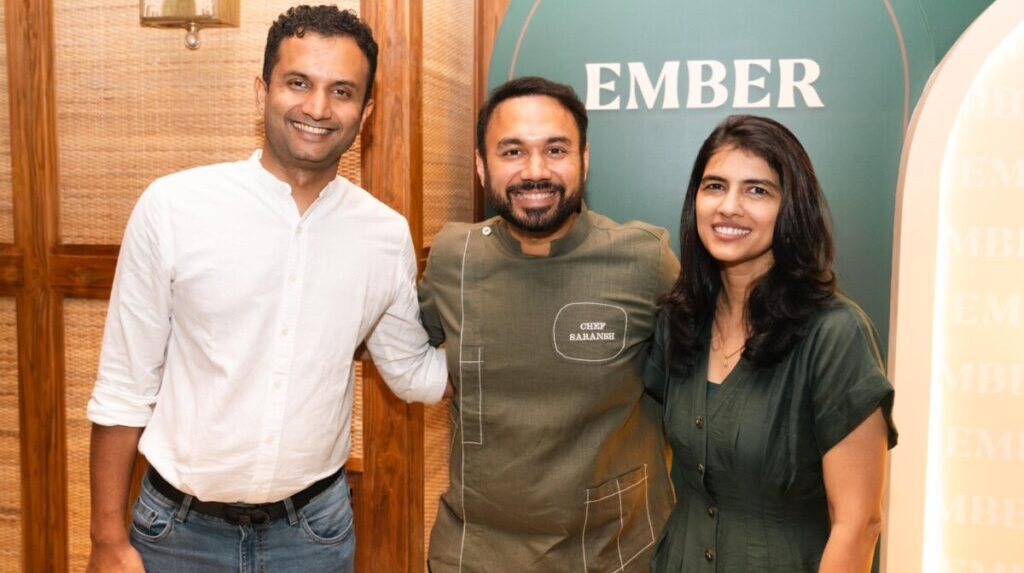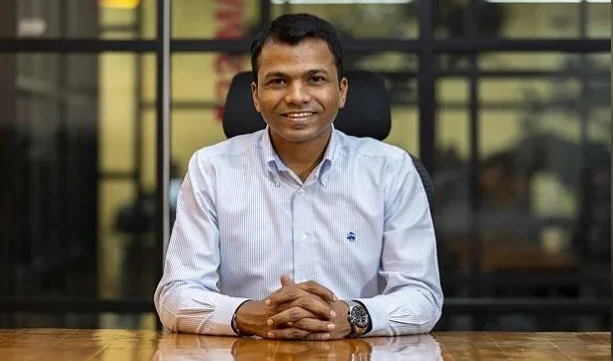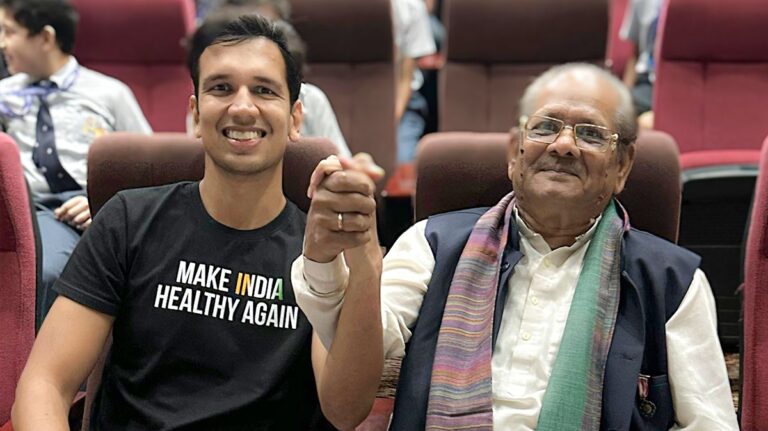A post by Shivam Shahi, Co-founder & COO at Blue Tokai Coffee Roasters, has stirred a timely debate on talent mobility in India’s startup ecosystem. Shahi says he received a call from a fellow founder suggesting Blue Tokai shouldn’t hire someone from their company, a suggestion he flatly rejects.
“Employees have every right to choose where they want to work. There should be no guilt, no restrictions, and certainly nothing called a ‘non-compete’ holding them back,” Shahi wrote, adding that Blue Tokai has “never bound anyone to stay with us and we never will.”
“We don’t make such calls, and we won’t even consider them, because it goes against the culture we believe in.
Talent is not owned. It’s respected, nurtured, and free.”
The remarks land squarely in the middle of a persistent tension in fast-growing sectors: what some leaders call “poaching” and what employees call “choice.”
About The Blue Tokai Episode
At the heart of Shahi’s post is a simple refusal to play along with informal “no-poach” understandings. The call he references, another founder urging him not to hire an employee looking to move is the sort of behind-the-scenes nudge that many workers suspect but rarely see acknowledged so directly.
The timing is relevant. As Indian consumer brands and tech-enabled businesses scale, demand for skilled operators has intensified. When competition for talent heats up, companies often try to slow attrition with tactics that range from aggressive counter-offers to non-compete clauses and, occasionally, gentleman’s agreements not to recruit from each other. Shahi’s stance challenges that playbook.
The Rationale
On employee choice: Shahi’s core claim, that people should be free to work where they want, is the bedrock of any healthy labour market. Free movement of talent generally correlates with better wages, faster diffusion of know-how, and stronger innovation cycles. From a culture standpoint, it also signals confidence: if an employer believes in its mission, growth path, and workplace standards, it competes to retain rather than restrict.
On non-competes in India: As a matter of general legal principle, Indian courts have held that post-employment non-compete clauses are void under Section 27 of the Indian Contract Act, 1872. Employers can and commonly do, protect trade secrets and customer relationships through confidentiality and (often narrower) non-solicitation clauses.
Restraints during employment (e.g., you can’t moonlight for a competitor while on payroll) are treated differently from restraints after an employee leaves. In plain terms: trying to stop someone from working elsewhere after they resign is typically unenforceable in India, but protecting confidential information is fair game.
On “no-poach” calls: Informal requests between founders not to hire each other’s people sit on shaky ground ethically and, in many jurisdictions globally, raise competition concerns because they restrict how freely workers can sell their skills. Even leaving law aside, such calls create the perception of a closed club, the opposite of a meritocratic market.
On these three counts, Shahi’s position aligns with both legal reality (in India) and the broader idea that open labour markets are better for workers and, over time, for industries.
But is “poaching” always fair?
The word “poaching” is often used loosely. It can describe everything from a recruiter cold-messaging a competitor’s team to outright misconduct, like soliciting colleagues during their notice period with confidential data in hand.
The line that matters is conduct, not contact.
- Fair competition: Reaching out to a competitor’s employees, interviewing them, and hiring on merit, with clear instructions not to bring over confidential information is legitimate.
- Unfair behaviour: Inducing a breach of contract, soliciting clients in violation of enforceable clauses, or misusing trade secrets is not.
Shahi’s post does not call for a free-for-all. It rejects guilt-tripping and blanket restrictions while implying a culture of respect. That leaves ample room for doing the basics right: clean handovers, honoring notice periods, and zero tolerance for IP leakage.
The business case for mobility
For companies worried about training costs walking out the door, the impulse to “lock in” talent is understandable but short-sighted.
- Retention is earned, not enforced. Competitive pay, clear growth paths, ESOPs that actually pay off, strong managers, and a learning-rich environment are what keep people.
- Reputation compounds. Firms known for respecting exits often find it easier to hire and alumni networks can become referral pipelines and B2B bridges.
- Innovation thrives on movement. When talent circulates, ideas cross-pollinate. Industries with high mobility typically iterate faster and serve customers better.
What founders should do instead of no-poach calls
- Tighten confidentiality, don’t broaden restraints. Focus on trade-secret hygiene, access controls, and well-crafted NDAs.
- Build “stay” factors. Manager quality, recognition, and real upside often beat a marginal salary bump elsewhere.
- Exit with grace. Document handovers, reinforce IP obligations, and keep doors open, today’s exit can be tomorrow’s client.
- Compete in the open. Trust that strong teams attract strong candidates without backchannel guardrails.
Shivam Shahi’s Message
Shivam Shahi’s message is more than a clapback to an awkward phone call. It’s a clear statement about how a modern employer behaves: don’t fence people in; win them over. In India, where post-employment non-competes are generally unenforceable, the real differentiators aren’t clauses or quiet pacts. They’re culture, growth, and trust.
If more founders adopt that stance, “poaching” will sound less like a scandal and more like what it often is: the labour market doing its job.























